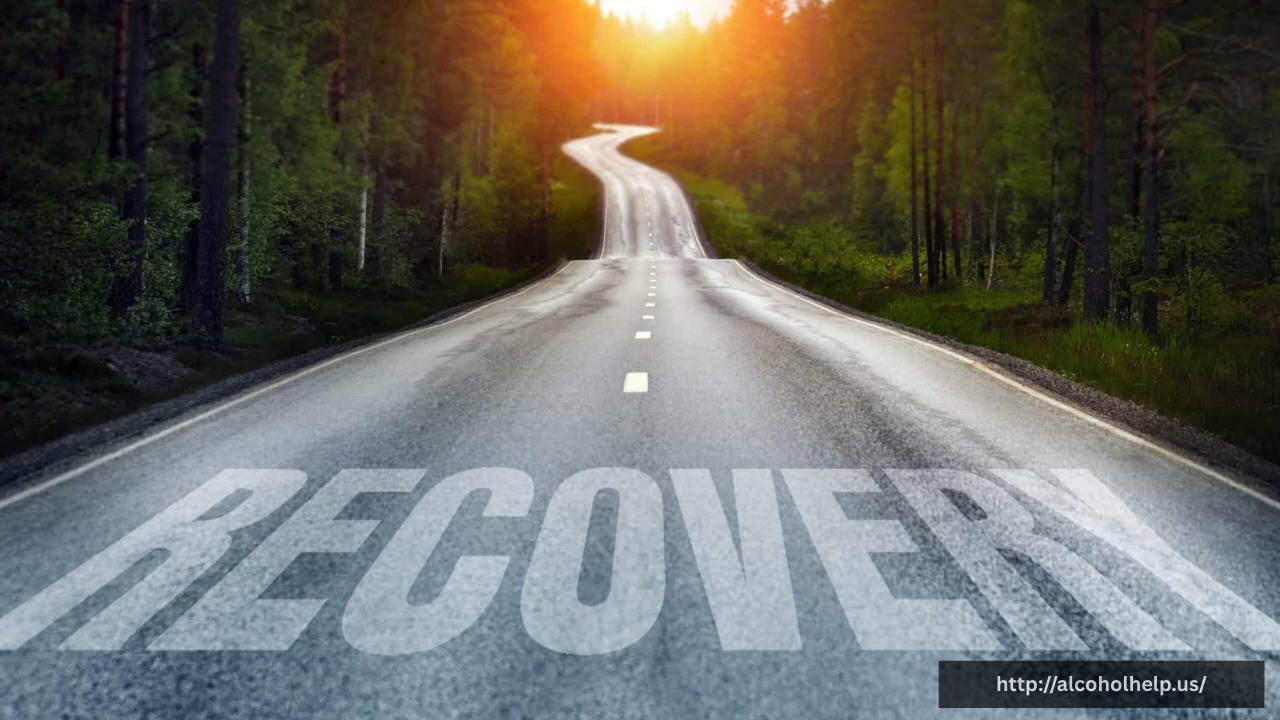Alcoholics Anonymous (AA) has long been a cornerstone of alcohol addiction recovery. While it has helped millions, it’s not the right fit for everyone. For individuals seeking alternative approaches, numerous recovery paths are available that can be just as effective, depending on personal needs and preferences. From evidence-based therapy to holistic wellness programs, exploring these alternatives can empower individuals to find a recovery method that truly resonates with them.
Cognitive-Behavioral Therapy (CBT)
CBT is a widely used, evidence-based approach that helps individuals recognize and change patterns of negative thinking and behavior. It is particularly effective for alcohol use disorder (AUD) as it targets the underlying psychological triggers that contribute to drinking. CBT can be done individually or in group settings and is often integrated into outpatient and inpatient treatment programs.
SMART Recovery
SMART Recovery (Self-Management and Recovery Training) offers a science-based alternative to the 12-step model of AA. It focuses on four key areas: building motivation, managing urges, handling emotions and thoughts, and living a balanced life. SMART Recovery empowers individuals to take control of their recovery using cognitive-behavioral techniques and does not require belief in a higher power, making it a suitable option for those seeking a secular approach.
Medication-Assisted Treatment (MAT)
For some individuals, medication can be an essential component of recovery. Medications such as naltrexone, acamprosate, and disulfiram are FDA-approved for treating AUD and can help reduce cravings, prevent relapse, and support long-term sobriety. MAT is most effective when combined with counseling and behavioral therapies.
Holistic and Wellness-Based Programs
Holistic recovery programs address the mind, body, and spirit. These may include practices like yoga, meditation, acupuncture, nutrition counseling, and art therapy. Such programs often emphasize self-awareness, stress reduction, and emotional balance. While not always a standalone treatment, holistic approaches can complement traditional methods and enhance overall well-being.
Online and App-Based Support
With advancements in technology, digital recovery tools have become increasingly popular. Apps and online platforms offer access to virtual meetings, daily check-ins, educational resources, and peer support. Platforms like Tempest, Loosid, and Sober Grid cater to individuals looking for flexibility, anonymity, and a sense of community outside traditional group settings.
Refuge Recovery and Other Spiritual Alternatives
Refuge Recovery is a Buddhist-inspired path to recovery that incorporates meditation, mindfulness, and ethical living. Unlike AA, which relies on a higher power, Refuge Recovery emphasizes self-awareness and personal growth. Other spiritual alternatives, such as Recovery Dharma and the She Recovers Foundation, also provide unique support structures tailored to individual beliefs and values.
Conclusion
While AA continues to be a vital support system for many, it is not the only road to recovery. Each person’s journey is unique, and exploring alternative treatment options can lead to a more personalized and sustainable path to sobriety. Whether through therapy, medication, mindfulness, or secular support groups, individuals can find the approach that aligns best with their needs, values, and lifestyle.
